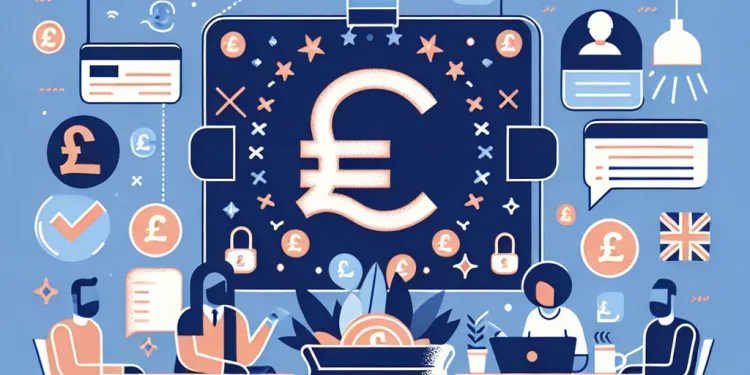
Find Help
More Items From Ergsy search
-

Applying For Universal Credit
Relevance: 100%
-
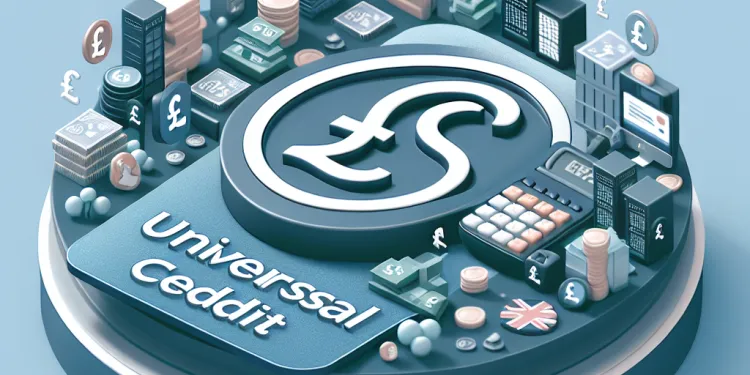
How can I apply for Universal Credit?
Relevance: 91%
-
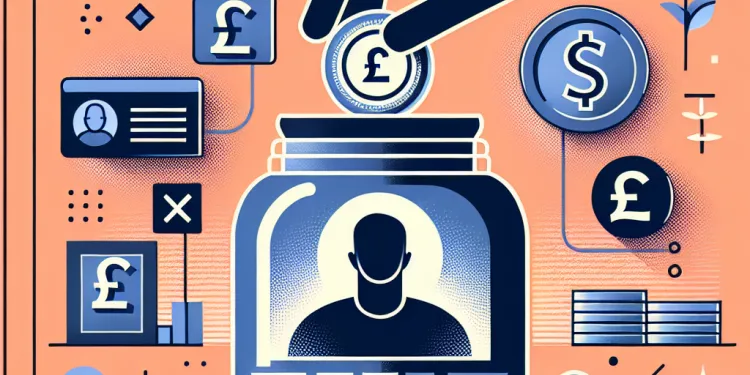
Can I apply for Universal Credit if I am self-employed?
Relevance: 90%
-
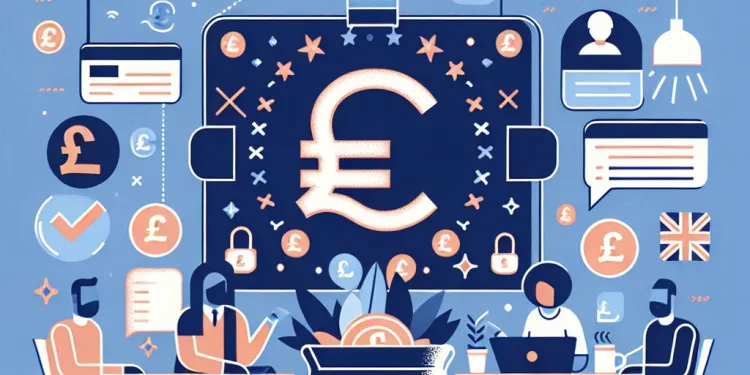
Who can apply for Universal Credit?
Relevance: 90%
-
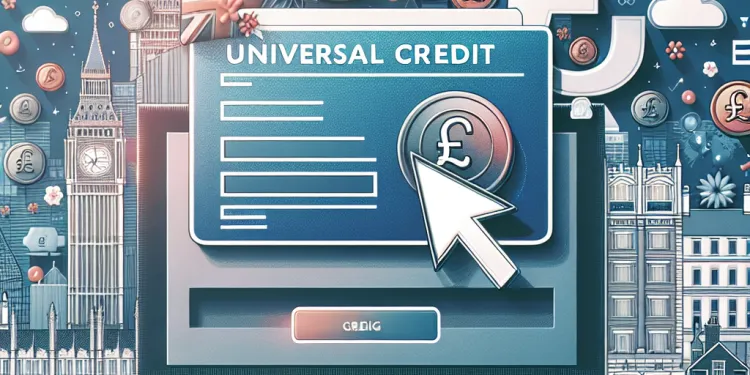
What documents are required to apply for Universal Credit?
Relevance: 83%
-
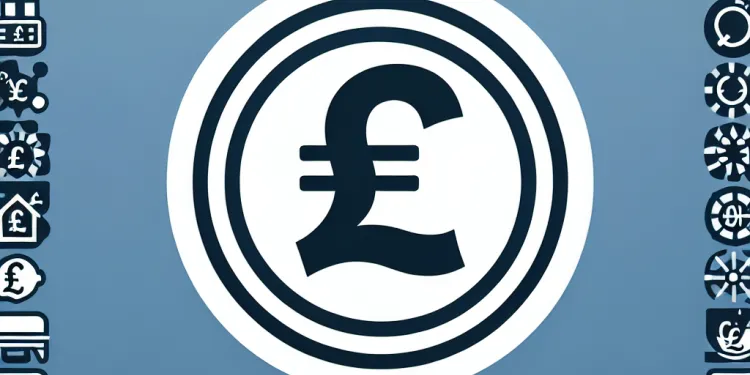
What is Universal Credit in the UK?
Relevance: 78%
-

How is Universal Credit paid?
Relevance: 71%
-
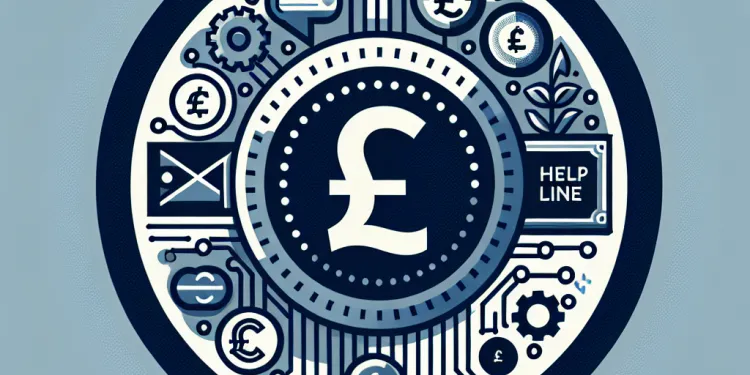
What is the Universal Credit helpline number?
Relevance: 70%
-

How is the Universal Credit amount calculated?
Relevance: 69%
-

Can Universal Credit be stopped or sanctioned?
Relevance: 69%
-
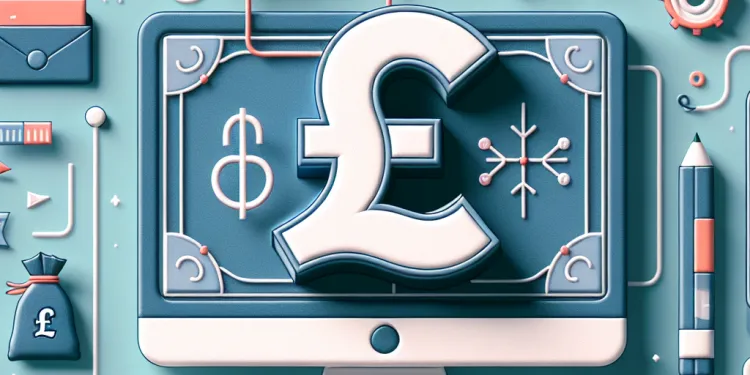
Can you receive Universal Credit if you are in full-time education?
Relevance: 67%
-
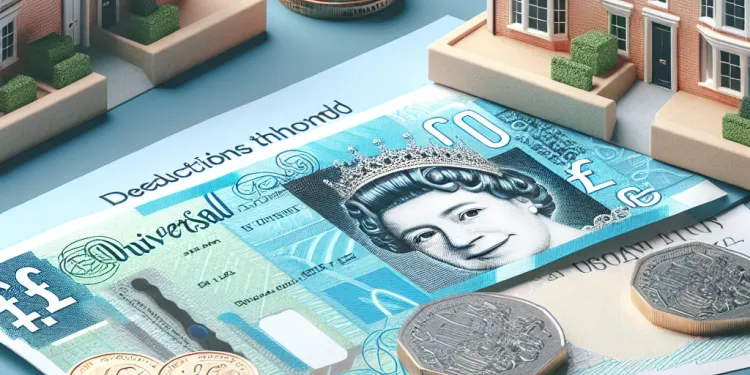
Are there any deductions from Universal Credit?
Relevance: 66%
-
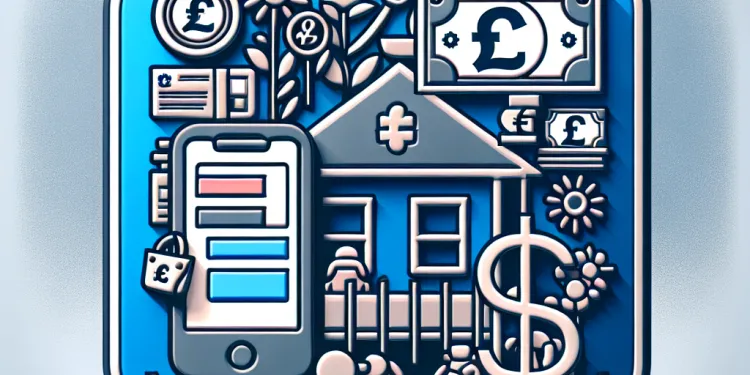
Does Universal Credit cover childcare costs?
Relevance: 66%
-

How long does it take to receive the first Universal Credit payment?
Relevance: 65%
-

What work-related requirements exist for Universal Credit claimants?
Relevance: 63%
-

Government Announces Increase in Universal Credit Payments Ahead of Winter
Relevance: 62%
-
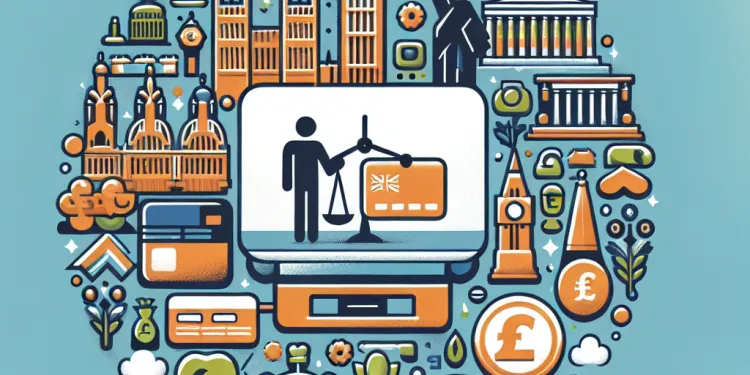
What if I disagree with a Universal Credit decision?
Relevance: 61%
-

Universal Credit Adjustments: What Recent Changes Mean for Claimants
Relevance: 59%
-
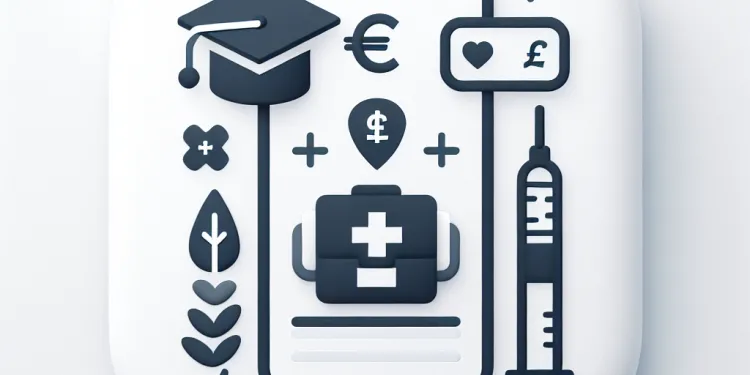
Can first aid courses be applied for college credit?
Relevance: 55%
-

What is an advance payment of Universal Credit?
Relevance: 52%
-

Does applying for an income-driven repayment plan affect my credit score?
Relevance: 47%
-
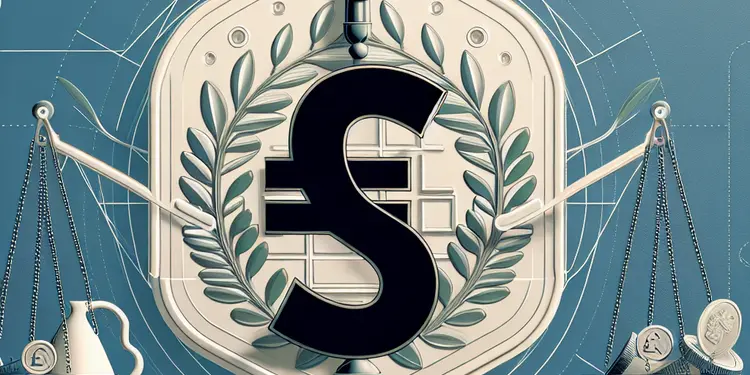
High Court Ruling on Universal Credit 'Unlawful' Cap Pending
Relevance: 43%
-

Can I apply if I am self-employed?
Relevance: 40%
-
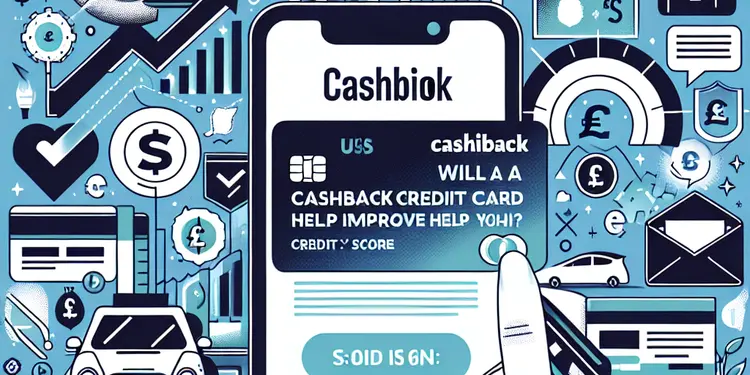
Will a cashback credit card help improve my credit score?
Relevance: 40%
-
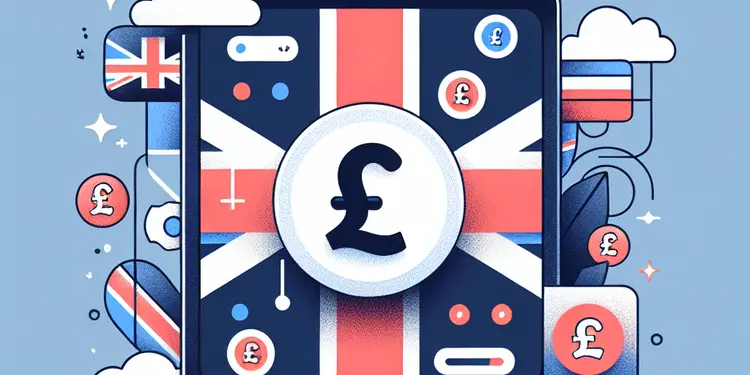
What happens if I have a credit on my account?
Relevance: 38%
-
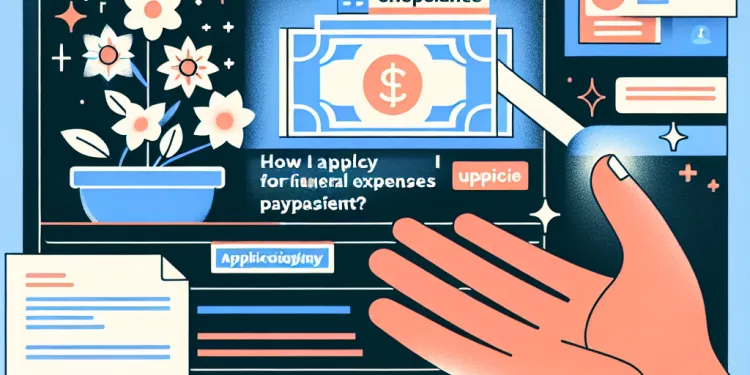
How do I apply for a Funeral Expenses Payment?
Relevance: 37%
-

What documents do I need to apply for the Warm Home Discount?
Relevance: 37%
-

Is a cashback credit card right for me?
Relevance: 37%
-

What is a Balance Transfer Credit Card?
Relevance: 36%
-

Are there changes expected for tax credits in April 2026?
Relevance: 36%
-
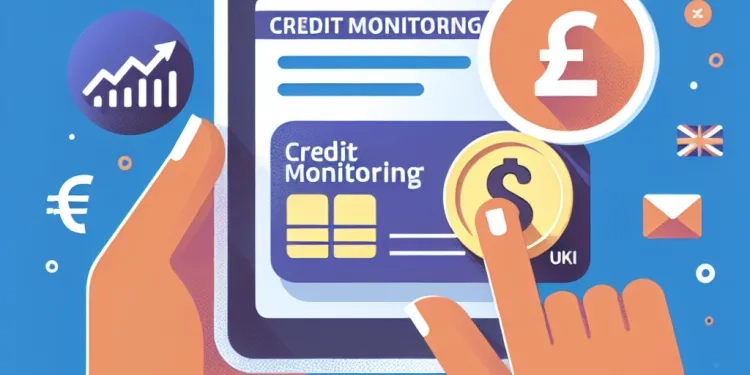
What is credit monitoring?
Relevance: 36%
-

Will transferring a balance affect my credit score?
Relevance: 36%
-
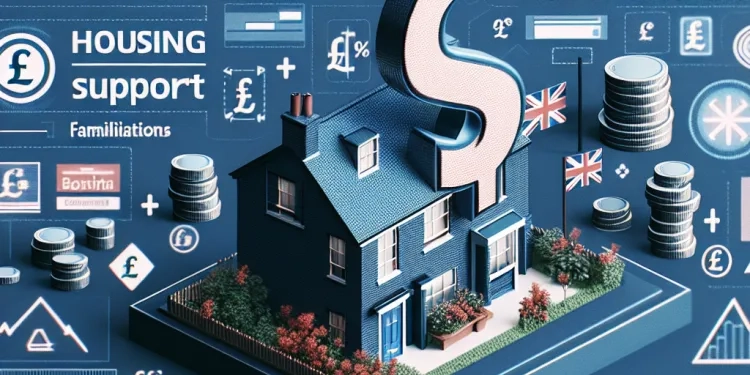
Is housing support included in Universal Credit?
Relevance: 35%
-

How long does it take to receive funds after I apply?
Relevance: 35%
-
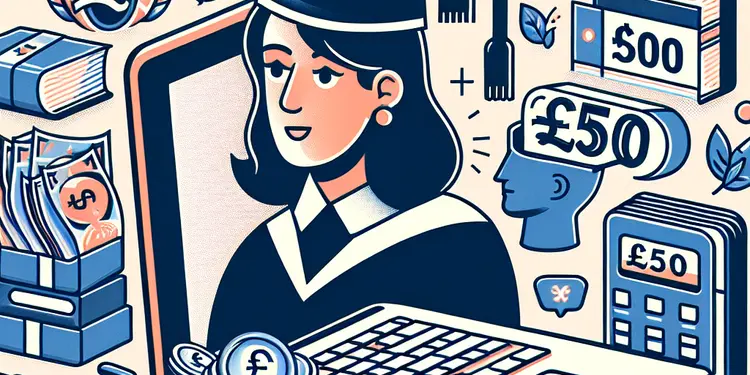
Can mature students apply for the £500 cost of living payment?
Relevance: 35%
-
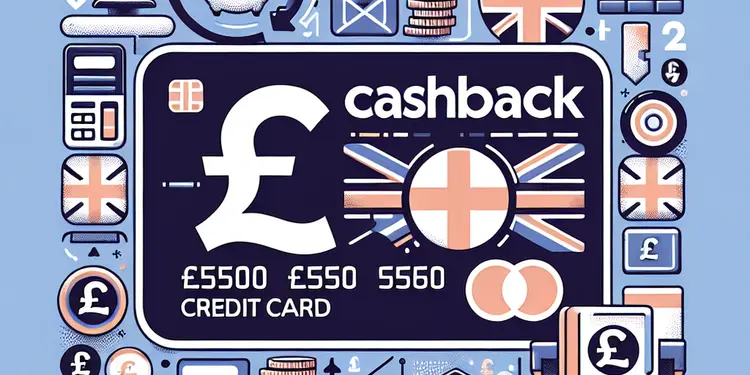
What is a cashback credit card?
Relevance: 35%
-

How do I apply for a balance transfer card?
Relevance: 35%
-
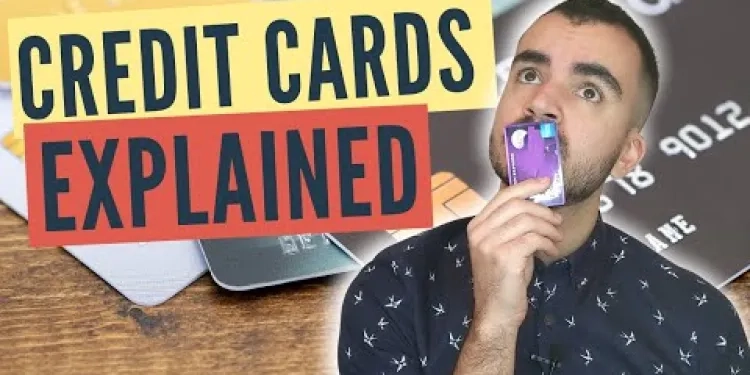
Credit Cards for Beginners Explained UK | Do's and Don't | Type of Cards
Relevance: 34%
-
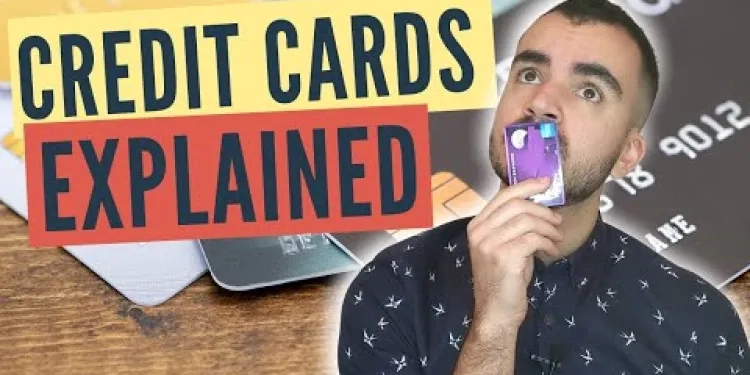
Credit Cards for Beginners Explained UK | Do's and Don't | Type of Cards
Relevance: 34%
-

Will switching banks affect my credit score?
Relevance: 34%
Introduction to Universal Credit
Universal Credit is a significant welfare benefit in the United Kingdom, designed to replace six legacy benefits and simplify the welfare system. Introduced by the government, its goal is to streamline benefits and provide timely financial support to those in need. Understanding who can apply for Universal Credit is essential for prospective claimants navigating the system.
Eligibility Requirements
To apply for Universal Credit, certain eligibility criteria must be met. Generally, applicants must be aged 18 or over, though exceptions exist for those aged 16 and 17, such as if they have limited capability for work or responsibility for a child. Claimants must be under the State Pension age and live in the United Kingdom. They must also have a low income or be out of work entirely.
Income and Savings Criteria
Universal Credit is designed for those with limited finances. There is no specific income threshold; however, the amount of Universal Credit received will adjust based on earned income. Claimants with savings or capital over £16,000 are typically ineligible, while savings under this threshold may affect the amount received.
Work and Responsibilities
Universal Credit applicants must be actively seeking work or be capable of work to qualify for the benefit. However, exceptions exist for those who have caring responsibilities or who have health issues that limit their work capability. It’s important for claimants to adhere to a claimant commitment, which may involve attending job centre meetings or online activity to demonstrate efforts in finding employment.
Other Qualifying Circumstances
In addition to basic eligibility, several special circumstances can affect an applicant’s eligibility for Universal Credit. For instance, those in full-time education may qualify if they satisfy particular conditions, such as having responsibility for a child. Additionally, individuals fleeing domestic violence, or those recently released from custody, can also be eligible, given certain criteria are met.
Residency and Immigration Status
Applicants must be habitually resident in the UK, Ireland, the Channel Islands, or the Isle of Man, and possess the appropriate immigration status. This effectively means that non-UK nationals are required to have the right to reside in the UK and not be subject to immigration control.
Conclusion
The eligibility for Universal Credit extends to a broad range of individuals who are facing different circumstances. However, it is vital for potential claimants to review the specific requirements carefully and consider how their personal circumstances align with these criteria. Guidance from official governmental resources or local job centres can provide tailored advice and assistance throughout the application process.
What is Universal Credit?
Universal Credit is money from the government in the UK. It tries to make getting financial help easier. It combines six different benefits into one payment. The aim is to give money quickly to people who need it. If you need Universal Credit, it is important to know how to apply.
Who Can Get Universal Credit?
To get Universal Credit, you need to meet some rules. Most people have to be 18 or older, but some 16 and 17-year-olds can apply, like if they look after a child or cannot work. You must be younger than the State Pension age and live in the United Kingdom. You should also have little money or no job.
How Much Money Can You Have?
Universal Credit is for people with not much money. There is no set limit on how much you can earn, but the amount you get from Universal Credit will change depending on how much you earn. If you have more than £16,000 in savings, you cannot get Universal Credit. Having less than this might still change how much you get.
Working and Looking After People
To get Universal Credit, you need to be looking for a job or able to work. But if you have to look after someone or have health problems, there can be exceptions. You will need to agree to look for work and might need to go to job centre meetings or do activities online to show you are trying to find a job.
Special Situations
Some special situations can also allow you to get Universal Credit. For example, if you are in full-time education, you might still qualify if you take care of a child. People who have experienced domestic violence or just got out of jail might also qualify, depending on their situation.
Where You Live and Your Nationality
You need to live in the UK, Ireland, the Channel Islands, or the Isle of Man and have the right immigration status. This means non-UK nationals need the right to live in the UK and must not be controlled by immigration rules.
Summary
Many people can apply for Universal Credit if they meet the rules. It is important to check these rules and see if they match your situation. You can get help from government websites or visit a local job centre for advice and help when applying.
Frequently Asked Questions
Who is eligible to apply for Universal Credit?
Anyone aged 18 or over and under State Pension age can apply, provided they meet certain residency and income criteria.
Can I apply for Universal Credit if I am unemployed?
Yes, Universal Credit is designed to support those who are unemployed or on a low income.
Am I eligible for Universal Credit if I am working?
You can apply for Universal Credit if you are in work but have a low income. The amount you receive may vary based on your earnings.
Can students apply for Universal Credit?
Most students are not eligible, but exceptions exist for those with children or disabilities, or if the student is in a couple with someone who is eligible.
Can I apply for Universal Credit if I have savings?
You can have savings up to £16,000, but it may affect the amount you receive. Savings over £6,000 will reduce your payment.
Can non-UK residents apply for Universal Credit?
You need to be a UK resident with the right to reside and habitually resident in the UK to apply for Universal Credit.
Are there age restrictions for applying for Universal Credit?
You must be at least 18 and below State Pension age to apply, with some exceptions for certain young people aged 16 or 17.
Can I apply for Universal Credit if I am self-employed?
Yes, self-employed individuals may apply, but your payments might be calculated differently due to the Minimum Income Floor.
What documents do I need to apply for Universal Credit?
You will need identification, bank details, income information, and information about housing costs, among other personal details.
Can I still get Universal Credit if I receive other benefits?
Universal Credit is designed to replace certain benefits. If you receive other benefits, check eligibility as some will stop.
How does my partner's income affect my Universal Credit application?
If you live with a partner, their income and savings are considered together with yours when calculating Universal Credit.
What is the residency requirement for Universal Credit?
You must be living in the UK and have a right to reside while also being habitually resident in the UK.
Can I claim Universal Credit if I am on maternity leave?
Yes, you may be eligible for Universal Credit while on maternity leave, depending on your total income and savings.
Am I eligible for Universal Credit if I am caring for someone?
You might be eligible if you are responsible for someone with a disability, but certain conditions apply.
Are there any specific requirements for disabled applicants?
People with disabilities can apply for Universal Credit, and there may be additional support or elements available based on their needs.
How does Universal Credit affect housing benefits?
Housing benefit is included in Universal Credit, but the amount depends on your circumstances, including rent and income.
Are there income thresholds for Universal Credit eligibility?
Eligibility depends on your specific circumstances, but generally the lower your income and higher your needs, the more likely you qualify.
Can I apply for Universal Credit if I own a home?
You can own a home and apply for Universal Credit, but any income from property or savings may affect eligibility.
Do I need a bank account to apply for Universal Credit?
Yes, you generally need a bank, building society, or credit union account to receive payments.
How does childcare affect my Universal Credit application?
You might be eligible for additional support for childcare costs through Universal Credit, depending on your circumstances.
Who can get Universal Credit?
You can ask for Universal Credit if:
- You are 18 or older.
- You live in the UK.
- You don't have much money.
If you need help:
- You can talk to someone who helps with money.
- You can use a computer to ask questions online.
If you are 18 years old or older, but not old enough to get a State Pension, you can apply. You need to live in the right place and have the right amount of money coming in.
If you need help, you can use tools like voice assistants or ask someone you trust to help you read.
Can I get Universal Credit if I don't have a job?
Yes, Universal Credit helps people who do not have a job or do not earn much money.
Can I get Universal Credit if I have a job?
Universal Credit is money to help you. You might still get it if you have a job. It depends on how much you earn.
Here are some things you can do to find out if you can get Universal Credit:
- Use an online calculator to check.
- Ask for help from someone you trust.
- Call or visit your local benefits office for advice.
You can get Universal Credit if you have a job but don’t earn much money. The money you get can change depending on how much you earn.
Can students get Universal Credit?
Some students can get Universal Credit. It's money from the government to help people.
Here's what to do if you're a student:
- Check if you can get it. Not all students can.
- Go online to the Universal Credit website.
- Ask someone to help if you find it hard to read. A grown-up or a friend can help.
- Use tools like text-to-speech to hear the information.
Most students can't get this help. But some students can. If a student has kids, or a disability, they might get help. If a student is with a partner who can get help, they might also get it.
Can I get Universal Credit if I have money saved?
Yes, you can apply for Universal Credit even if you have some money saved.
If you have more than £6,000 saved, it might change how much you get.
If you have more than £16,000 saved, you usually can't get Universal Credit.
If you need help, ask someone you trust or use a money advice service.
You can have up to £16,000 in savings. But your payment might go down. If you have more than £6,000 in savings, you will get less money.
Can people from outside the UK get Universal Credit?
To apply for Universal Credit, you must live in the UK, have the right to live here, and usually live in the UK.
Can I get Universal Credit at my age?
Are you old enough to apply for Universal Credit? Here’s what you need to know:
- You must be at least 18 years old.
- There are some cases where 16 or 17-year-olds can apply. You might need special help for this.
It’s a good idea to ask someone for help if you are not sure. You can talk to a teacher, a family member, or someone you trust.
You can apply if you are 18 years old or older, but not old enough to get a State Pension. Some 16 or 17-year-olds can apply too.
Can I get Universal Credit if I work for myself?
Yes, people who work for themselves can apply. But the money you can get might be different because of something called the Minimum Income Floor.
What Papers Do I Need to Get Universal Credit?
When you want to get Universal Credit, you need to have some papers ready. Here is what you need:
- Your ID, like a passport or a driver’s license.
- Your bank account details.
- Your address, where you live.
- Information about your money, like payslips.
- Details of any rent you pay, like a rent agreement.
Here are some tips to help you:
- Ask someone you trust for help if you find it hard to get the papers.
- Use a folder to keep all your papers in one place.
- You can use a checklist to make sure you have everything.
You will need to bring some things:
- Your ID card or passport.
- Your bank account number.
- How much money you earn.
- How much money you spend on your home.
Ask someone to help you if you find this hard, like a family member or a friend. You can also use a checklist to make sure you have everything you need.
Can I get Universal Credit if I get other benefits?
Yes. You can get Universal Credit and other benefits too. Here are some tips to help:
- Use easy language to understand each benefit.
- Ask someone for help if you need it.
- Look at simple guides or videos online.
Universal Credit is a type of money help. It replaces some other money help you might get. If you get different money help, check if you can get Universal Credit, because those might stop.
How does my partner's money change my Universal Credit application?
If you live with a partner, their money counts too. This means their job and money will affect how much help you get. You both need to apply together.
Here are some tools that can help:
- Use a benefits calculator online to see what you might get.
- Talk to a support worker if you need help.
If you have a partner you live with, the money they earn and save is added to yours to work out Universal Credit.
Who can get Universal Credit?
To get Universal Credit, you need to live in the UK. This is called being a resident.
If you need help, you can talk to someone at a local advice center. They can give you information and support.
You must live in the UK. You need to have the right to stay there and usually live in the UK.
Can I get Universal Credit when I have a baby?
Are you taking time off work to have a baby? You may be able to get money from Universal Credit. This can help pay for things while you are not working.
Here are some tips to help:
- Ask someone you trust to help you fill out forms.
- Use a calculator to see how much money you might get.
- Speak to a support worker if you need more help.
You might be able to get Universal Credit when you are on maternity leave. It depends on how much money you make and how much you have in savings.
Can I get Universal Credit if I look after someone?
If you take care of someone and want to know if you can get Universal Credit, this is a guide for you.
Here is what you should do:
- Make a list of things you help the person with every day.
- Talk to someone who can help. This can be a family member or a support worker.
- Check the government website for more help and information.
- You can use a computer at a library if you don't have one at home.
If you have trouble reading, ask someone to read this with you.
You might be able to get help if you take care of someone with a disability, but there are some rules you need to follow.
Do disabled people need to do anything special to apply?
People who have disabilities can ask for money called Universal Credit. There might be extra help for them, depending on what they need.
What happens to housing benefits when you get Universal Credit?
If you get Universal Credit, it might change your housing benefits.
Here is how it works:
- When you get Universal Credit, you may not get housing benefits like before.
- Instead, money for rent might be part of your Universal Credit payment.
Helpful tip: If you find this confusing, you can ask someone for help. You can also use tools that read the words to you or make them bigger.
Universal Credit can help pay for your housing. How much help you get depends on things like how much you pay for rent and how much money you earn.
Can You Get Universal Credit Based on Your Income?
Do you make enough money to get Universal Credit? Universal Credit is a payment to help with living costs. Here is what you need to know:
- If you make a lot of money, you might not get Universal Credit.
- If you make a little money, you might get Universal Credit.
- You can speak to someone who helps with money or use a benefits calculator online to check.
If you want to know if you can get help, it depends on your money and what you need. If you have less money and need more help, you are more likely to get it.
Can I get Universal Credit if I have a house?
Yes, you might still get Universal Credit if you own a house. It depends on your situation.
You can ask for help from someone who knows about Universal Credit. They can explain it to you. You can also use websites that help with money questions.
You can have a home and ask for Universal Credit. But, money you get from a house or your savings might change if you can get it.
Do I need a bank account to get Universal Credit?
Yes, you need a bank account to get Universal Credit. This is where your money will be paid.
If you don't have a bank account yet, you can ask for help to open one. You can talk to someone at a bank, a support worker, or a family member for advice.
There are also online tools and videos that show you how to open a bank account step-by-step. You might find them helpful.
Yes, you need a bank account, building society account, or credit union account to get money.
How does childcare affect my Universal Credit application?
If you pay for someone to look after your child, it can change how much Universal Credit you get.
Universal Credit is money to help you if you don’t have a job or don't earn much.
If you need help, you can use tools like speaking to an advisor or using an online calculator to see how much you could get.
You might be able to get more help with childcare costs from Universal Credit. This depends on your situation.
Useful Links
Have you found an error, or do you have a link or some information you would like to share? Please let us know using the form below.
-->
This website offers general information and is not a substitute for professional advice.
Always seek guidance from qualified professionals.
If you have any medical concerns or need urgent help, contact a healthcare professional or emergency services immediately.
Some of this content was generated with AI assistance. We’ve done our best to keep it accurate, helpful, and human-friendly.
- Ergsy carfully checks the information in the videos we provide here.
- Videos shown by Youtube after a video has completed, have NOT been reviewed by ERGSY.
- To view, click the arrow in centre of video.
- Most of the videos you find here will have subtitles and/or closed captions available.
- You may need to turn these on, and choose your preferred language.
- Go to the video you'd like to watch.
- If closed captions (CC) are available, settings will be visible on the bottom right of the video player.
- To turn on Captions, click settings .
- To turn off Captions, click settings again.
More Items From Ergsy search
-

Applying For Universal Credit
Relevance: 100%
-

How can I apply for Universal Credit?
Relevance: 91%
-

Can I apply for Universal Credit if I am self-employed?
Relevance: 90%
-

Who can apply for Universal Credit?
Relevance: 90%
-

What documents are required to apply for Universal Credit?
Relevance: 83%
-

What is Universal Credit in the UK?
Relevance: 78%
-

How is Universal Credit paid?
Relevance: 71%
-

What is the Universal Credit helpline number?
Relevance: 70%
-

How is the Universal Credit amount calculated?
Relevance: 69%
-

Can Universal Credit be stopped or sanctioned?
Relevance: 69%
-

Can you receive Universal Credit if you are in full-time education?
Relevance: 67%
-

Are there any deductions from Universal Credit?
Relevance: 66%
-

Does Universal Credit cover childcare costs?
Relevance: 66%
-

How long does it take to receive the first Universal Credit payment?
Relevance: 65%
-

What work-related requirements exist for Universal Credit claimants?
Relevance: 63%
-

Government Announces Increase in Universal Credit Payments Ahead of Winter
Relevance: 62%
-

What if I disagree with a Universal Credit decision?
Relevance: 61%
-

Universal Credit Adjustments: What Recent Changes Mean for Claimants
Relevance: 59%
-

Can first aid courses be applied for college credit?
Relevance: 55%
-

What is an advance payment of Universal Credit?
Relevance: 52%
-

Does applying for an income-driven repayment plan affect my credit score?
Relevance: 47%
-

High Court Ruling on Universal Credit 'Unlawful' Cap Pending
Relevance: 43%
-

Can I apply if I am self-employed?
Relevance: 40%
-

Will a cashback credit card help improve my credit score?
Relevance: 40%
-

What happens if I have a credit on my account?
Relevance: 38%
-

How do I apply for a Funeral Expenses Payment?
Relevance: 37%
-

What documents do I need to apply for the Warm Home Discount?
Relevance: 37%
-

Is a cashback credit card right for me?
Relevance: 37%
-

What is a Balance Transfer Credit Card?
Relevance: 36%
-

Are there changes expected for tax credits in April 2026?
Relevance: 36%
-

What is credit monitoring?
Relevance: 36%
-

Will transferring a balance affect my credit score?
Relevance: 36%
-

Is housing support included in Universal Credit?
Relevance: 35%
-

How long does it take to receive funds after I apply?
Relevance: 35%
-

Can mature students apply for the £500 cost of living payment?
Relevance: 35%
-

What is a cashback credit card?
Relevance: 35%
-

How do I apply for a balance transfer card?
Relevance: 35%
-

Credit Cards for Beginners Explained UK | Do's and Don't | Type of Cards
Relevance: 34%
-

Credit Cards for Beginners Explained UK | Do's and Don't | Type of Cards
Relevance: 34%
-

Will switching banks affect my credit score?
Relevance: 34%


